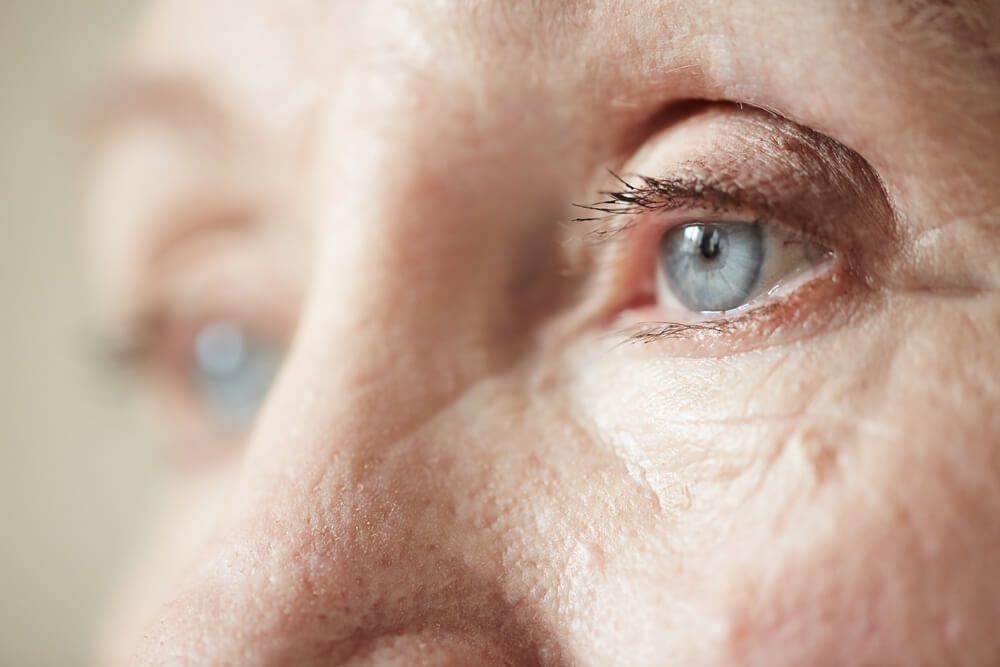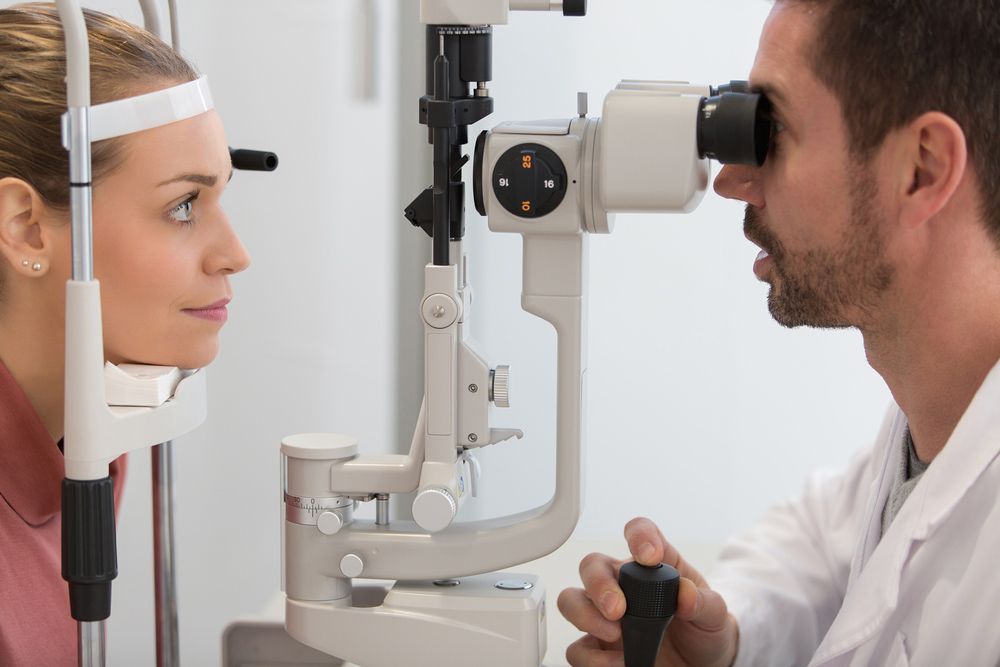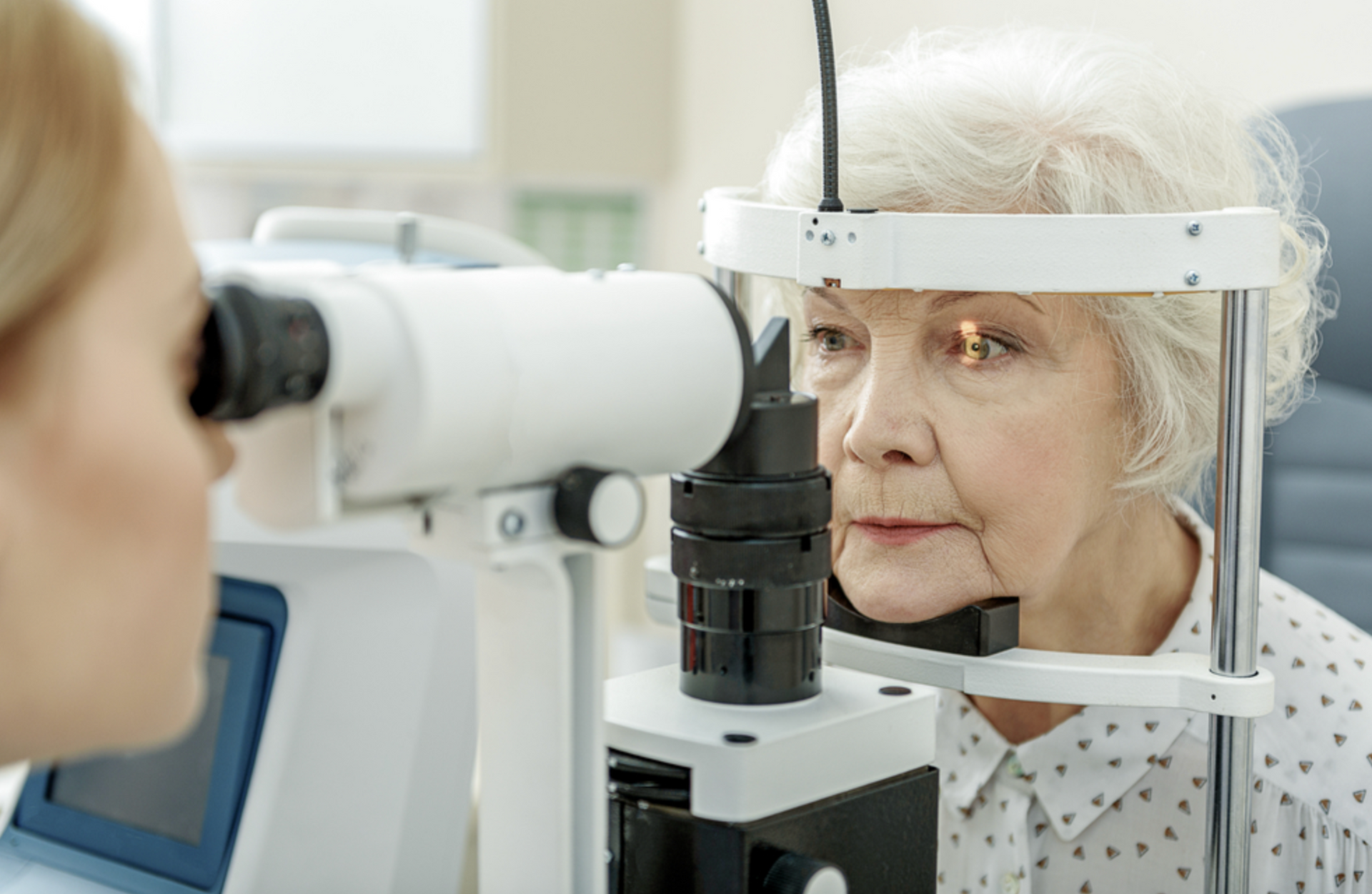A Comprehensive Guide to Macular Degeneration Eye Injections
Macular degeneration is a term that might evoke concerns about declining vision for many. Fortunately, advancements in ophthalmology have provided methods to address this condition. Eye injections, for example, are designed to help manage the progression of macular degeneration and aim to maintain vision. This guide will explore the nuances of this condition, explain the important role of eye injections and outline what patients might expect from this treatment.
Macular Degeneration: A Brief Overview
Macular degeneration, primarily age-related macular degeneration (AMD), is a medical condition that affects the macula—the central part of the retina—resulting in the potential loss of central vision. This area of the eye is essential for clear, detailed vision required for activities such as reading, driving and recognising faces. As AMD progresses, it can impact these critical visual tasks.
Eye injections, especially anti-VEGF (Vascular Endothelial Growth Factor) therapies, significantly manage AMD. These injections are designed to help control the growth of abnormal blood vessels in the retina and reduce fluid leakage that could contribute to vision deterioration. Ophthalmologists can administer these treatments, aiming to manage the progression of the disease effectively.
What to Expect During Your Eye Injection Procedure
Preparation
- Consultation: An initial assessment by the ophthalmologist is needed to determine the necessity and frequency of injections.
- Eye Exam: Detailed eye examination to map and evaluate the current state of the macula. During the Procedure
- Anaesthesia: Application of numbing drops to minimise discomfort.
- Antiseptic: Antiseptic solutions are used to cleanse the eye, reducing infection risks.
- Injection: The ophthalmologist carefully injects the medicine into the vitreous area near the retina. Post-Procedure Care
- Monitoring: Short-term monitoring for immediate complications.
- Follow-up Appointments: Scheduled visits to assess the eye's response to treatment and plan future sessions if needed.
Potential Benefits and Side Effects of Macular Degeneration Eye Injections
While the primary benefit of macular degeneration injection is preserving vision by slowing disease progression, some patients may even notice an improvement in their sight. These injections are critical in managing AMD effectively and helping patients maintain their independence and quality of life. However, like all medical treatments, they come with potential side effects.
Common issues may include redness, eye irritation or more rarely, infections and changes in eye pressure. It is important to have a thorough discussion with an ophthalmologist to understand all aspects of the treatment and align expectations with realistic outcomes.
The Importance of Early Detection
Early detection plays a vital role in the effective management of macular degeneration. Regular eye exams are essential, especially for individuals over the age of 60 or those with a family history of the condition. By identifying the early stages of AMD, ophthalmologists can recommend appropriate treatments, including macular degeneration injections, to slow or halt the progression of the disease. Without timely intervention, the risk of severe vision loss increases, particularly in cases of wet AMD, where rapid deterioration is more common.
How Macular Degeneration Injections Work
Macular degeneration injections, specifically anti-VEGF therapies such as Lucentis and Eylea, target the root cause of wet AMD—abnormal blood vessel growth. These injections work by blocking the effects of VEGF proteins, which stimulate the development of these harmful blood vessels. By reducing the activity of VEGF, the injections help to stabilise the condition, often preventing further vision loss and, in some cases, improving visual clarity.
It's important to note that macular degeneration injections do not cure AMD, but they are highly effective in managing its progression. For many patients, this treatment can mean the difference between maintaining functional vision and experiencing significant visual impairment. The injections are typically given every four to eight weeks, depending on the severity of the condition and the patient’s response to the therapy. Regular monitoring through follow-up appointments ensures that the treatment remains effective and that any adjustments can be made to the injection schedule as needed.
Customised Treatment Plans for Macular Degeneration
Every case of macular degeneration is unique, which is why customised treatment plans are essential. At 130eye, our ophthalmologists take the time to thoroughly evaluate each patient’s condition, offering personalised advice and treatment options tailored to their specific needs. In some cases, patients may require more frequent macular degeneration injections initially, followed by a reduction in frequency as their condition stabilises.
Patients undergoing a macular degeneration injection are closely monitored for changes in their vision and any potential side effects. This ensures that the treatment is optimised for each individual, providing the best chance of preserving sight and maintaining quality of life. By working closely with an ophthalmologist, patients can feel confident that they are receiving the most up-to-date and effective care for their condition.
Maintaining Eye Health Beyond Treatment
While a macular degeneration injection is a powerful tool in combating AMD, it’s also important for patients to adopt healthy lifestyle habits to support their overall eye health. This includes maintaining a balanced diet rich in leafy greens, fish, and nuts, all of which are known to benefit vision. Quitting smoking, managing blood pressure, and protecting the eyes from excessive sunlight are also key factors in slowing the progression of AMD.
At 130eye, we believe we have the tools necessary when it comes to treating macular degeneration. In addition to providing macular degeneration injections, we offer guidance on preventive measures and lifestyle modifications that can complement medical treatment. By taking proactive steps to care for their vision, patients can maximise the effectiveness of their treatment and reduce the likelihood of further vision loss.
Connect with Our Ophthalmologists Today!
At 130eye, we strive to support our patients through their journey with macular degeneration. Our team of ophthalmologists utilises current technologies and strategies to provide personalised treatments. If you or someone you know is facing the challenges of macular degeneration, get in touch with us today!



